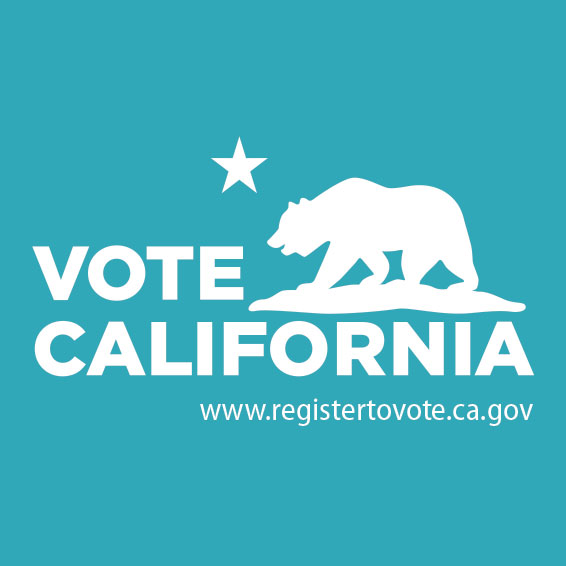Leave Benefits
Eligible California State employees may be eligible for various leave types, including the leave benefits below. Consult your supervisor or personnel office for details.
Review the applicable Memorandum of Understanding (MOU) for rank-and-file employees. Additional information may also be found in the CalHR, Online Human Resources Manual. If the contract provisions vary from the summaries below or the Human Resources Manual, the contract language prevails.
Types of Leave
- Annual Leave
- Bereavement Leave
- Cashing Out Unused Leave
- Catastrophic Leave
- Excluded Leave Buy Back
- Family Leave
- Holidays
- Jury Duty
- Mentoring Leave
- Military Leave
- Personal Day
- Personal Leave Program
- Pregnancy Disability Leave
- Professional Development Days
- Sick Leave
- Time Off to Vote
- Transferring Leave Credits To Other Employees
- Union Leave
- Vacation
Holidays
New Year’s Day (January 1)
Martin Luther King Jr. Day (3rd Monday in January)
President’s Day (3rd Monday in February)
Cesar Chavez Day (March 31)
Memorial Day (last Monday in May)
Independence Day (July 4)*
Labor Day (1st Monday in September)
Veteran’s Day (November 11)
Thanksgiving Day (4th Thursday in November)
Day after Thanksgiving
Christmas (December 25)
*When a holiday falls on a Saturday, employees shall receive holiday credit.
**When a holiday falls on a Sunday, the holiday is observed on the following Monday.
***When November 11 falls on a Saturday, the preceding Friday is observed.
CalHR’s Human Resources Manual Policy 2109 provides information about excluded employee Holidays. Holidays for represented employees can be found in the applicable Memorandum of Understanding.
Annual Leave
(Employees enrolled in Vacation do not receive separate Annual Leave credit.)
For rank-and-file employees, refer to the applicable Memorandum of Understanding, available on our Bargaining & Contracts page.
CalHR’s Human Resources Manual Policy 2102 provides further information about Annual Leave.
Bereavement Leave
Employees who meet the eligibility requirements may be entitled to bereavement leave for specified family members. For excluded employees refer to government Code (GC) section 19859.3, all other employees refer to the applicable MOU and GC section 12945.7.
CalHR’s Human Resources Manual Policy 2115 provides further information about Bereavement Leave.
Cashing Out Unused Leave
Under various circumstances, you may receive cash for unused leave you’ve accrued. Here are some examples:
- Excluded Employee Leave Buy Back: On an annual basis, CalHR and the Department of Finance will determine whether or not departments can offer a cash out of excluded employees’ unused vacation, annual leave, personal leave, and/or personal holiday credits at their regular salary rate. Departments choose whether to participate based on availability of funds. Typically, the number of hours that may be cashed out is capped.
- Represented Employee Leave Cash Out: Most Bargaining Unit Memorandum of Understandings (MOU) have an annual cash out program of unused vacation or annual leave. Participation is based on the availability of funds at each department and hour limitations are set in the MOU.
- Leaving State Service: When you end your State employment, you may cash out unused leave (except sick leave, holiday informal time off, professional development days, and in some cases various personal leave program hours), or contribute it to your 401(k) and/or 457 deferred compensation plan.
CalHR’s Human Resources Manual Policy 2104 provides further information about Leave Buy-Back.
Catastrophic Leave
Employees who have exhausted their leave credits and must miss work due to a prolonged illness or injury (including that of a family member) may request catastrophic leave. In such cases, the department will set up a Catastrophic Leave bank for that employee to receive donated leave from other State employees. (Donations typically are irrevocable, but personnel offices may make exceptions if the donated time ends up not being used.)
This benefit also is available to employees whose residence has been affected by a natural disaster for which the Governor has declared a State of Emergency in that county, and who have exhausted all leave credits except sick leave.
For rank-and-file employees, refer to the applicable Memorandum of Understanding, available on our Bargaining & Contracts page.
CalHR’s Human Resources Manual Policy 2116 provides further information about Catastrophic Leave.
Family Leave
See the
Family Leave page
Jury Duty
Employees called for jury service duty are granted leave time during their service. Employees are not entitled to juror pay for such duty but are permitted to keep mileage payments.4
For rank-and-file employees, refer to the applicable Memorandum of Understanding, available on our Contracts page.
CalHR’s Human Resources Manual Policy 2117 provides further information about Jury Duty.
Mentoring Leave
The State Employee Mentoring Leave Program grants up to 40 hours of leave per year, on a matching basis, to employees who mentor at-risk youth (grades K-12). For details, refer to the applicable Memorandum of Understanding, available on our Contracts page.
CalHR’s Human Resources Manual Policy 2119 provides further information about Mentoring Leave.
Military Leave/Military Spousal Leave
CalHR’s Human Resources Manual Policy 2118 provides further information about Military Leave.
Personal Holiday
Per Government Code section 19854, excluded permanent employees are entitled to one personal holiday per fiscal year.
For rank-and-file employees, refer to the applicable Memorandum of Understanding, available on our Contracts page.
CalHR’s Human Resources Manual Policy 2110 provides further information about Personal Holidays.
Pregnancy Disability Leave
An employee disabled by pregnancy, childbirth, or a related medical condition is entitled to take up to four months (17.33 weeks) of unpaid leave. Pregnancy Disability Leave (PDL) runs concurrently with any job protected leave the employee is eligible for under the Family and Medical Leave Act (FMLA) and California Family Rights Act (CFRA).
CalHR’s Human Resources Manual Policy 2120 provides further information about PDL. You
can also refer to the Family Medical Leave Act/California Family Rights Act
Policy 2107.
Professional Development Days (PDD)
Eligible excluded employees receive two PDD days per fiscal year. For rank-and-file employees, refer to the applicable Memorandum of Understanding, available on our Contracts page.
CalHR’s Human Resources Manual Policy 2112 provides further information about PDD.
Sick Leave
(Employees enrolled in Annual Leave do not receive separate sick leave credit.)
Full-time employees accrue eight hours per month (after completing their first month on the job). Unused sick leave may be carried over each year.
CalHR’s Human Resources Manual Policy 2105 provides further information about Sick Leave.
Time Off to Vote
State law grants time off for employees who don’t have time to vote during non-work hours. Since polls usually open at 7 AM and close at 8 PM, most State employees have enough time to vote outside of work hours.
The law allows employees who don’t have enough time to vote during non-work hours up to two hours of paid time off to go vote. You may be allowed more time to vote, but only two hours of it will be paid. If you’re eligible for this time off, it will be granted at the beginning or end of your regular shift. If you think you’ll need this time off, give your department notice at least two business days before Election Day.
Additional information can be found on the Election information on the Secretary of State’s website and CalHR’s Human Resources Manual Policy 2121.
Transferring Leave Credits To Other Employees
Per California Code of Regulations, section 599.913, excluded employees shall be permitted to transfer eligible leave credits (other than sick leave) between family members for their own serious medical condition, to care for eligible family members who have a serious medical condition, or for parental leave to care for a newborn or adopted child.
For rank-and-file employees, refer to the applicable Memorandum of Understanding, available on our Contracts page.
Union Leave
Policies on time off to participate in union business vary among bargaining units. For details, refer to the individual contracts, available on our
Contracts page.
Vacation
(Employees enrolled in Annual Leave do not receive separate vacation credit.)
For rank-and-file employees, refer to the applicable Memorandum of Understanding, available on our Contracts page.
CalHR’s Human Resources Manual Policy 2103 provides further information about Vacation Leave.
Voluntary Personal Leave Program (VPLP)
Most permanent, full-time employees are eligible to receive an additional leave accruals per month in exchange for a reduction in pay. This voluntary Personal Leave Program allows employees to accrue additional leave and helps departments lower payroll costs.
For rank-and-file employees, refer to the applicable Memorandum of Understanding, available on our Contracts page.
CalHR’s Human Resources Manual Policy 2114 provides further information about VPLP.



